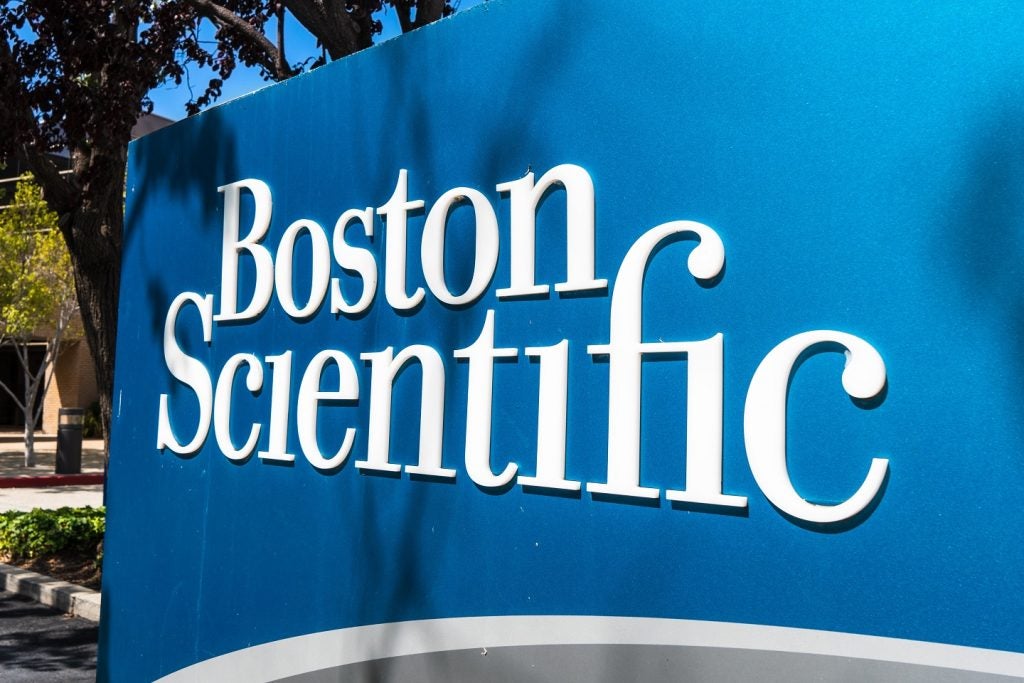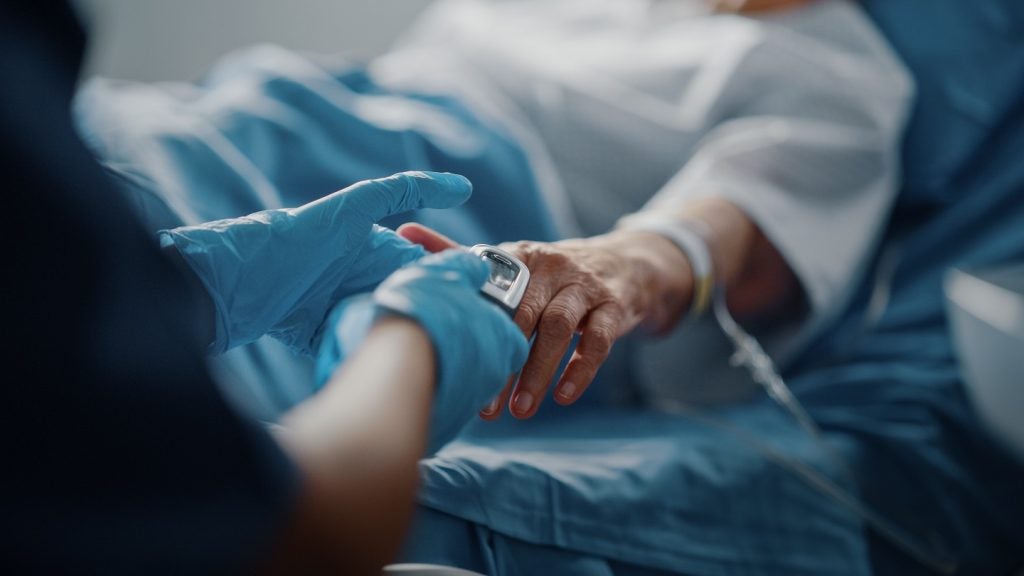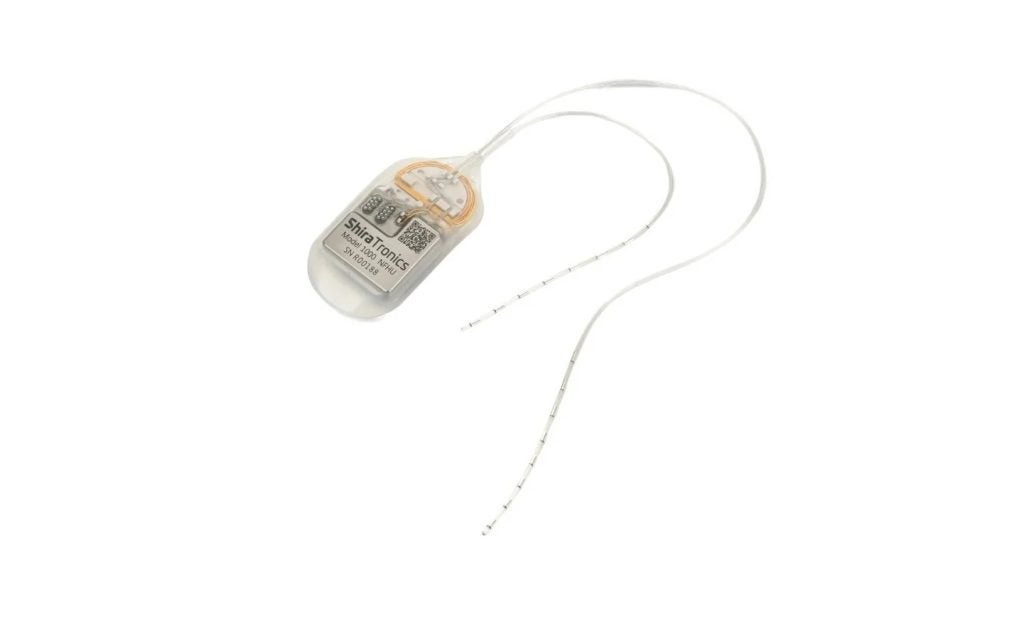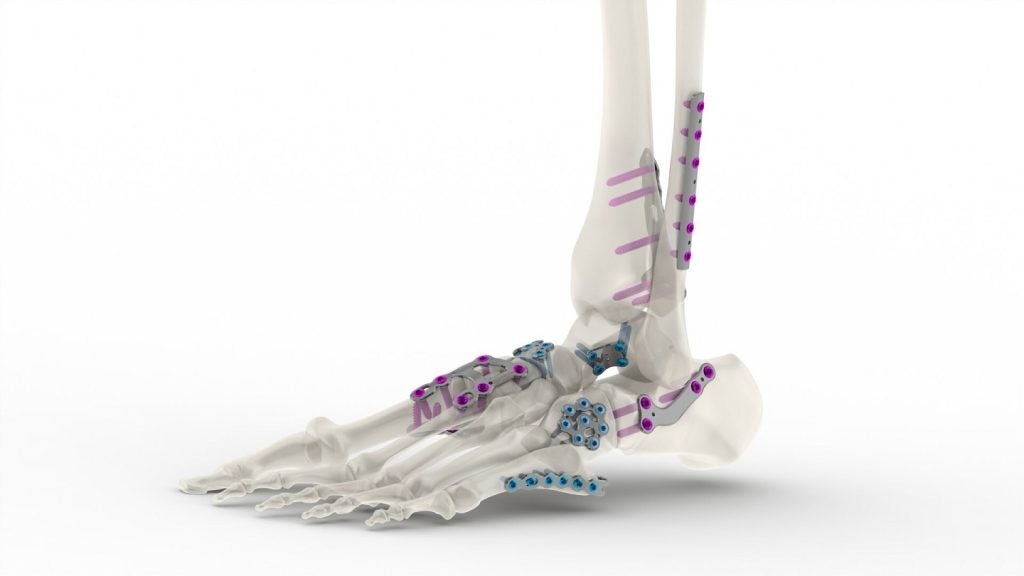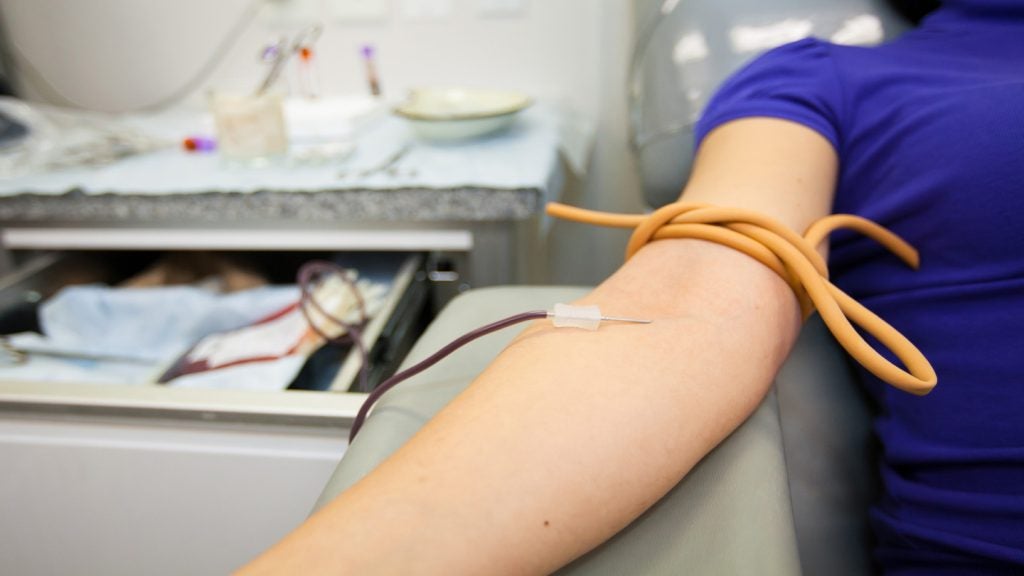Alongside the ever-growing pharma revolution in weight loss drugs, BariaTek Medical is one of the medtech companies making sure device innovation keeps up with bariatric demand.
The France-based company has successfully conducted the first implantation in the atrium of its BariTon device, a reversible implant that could offer an alternative to conventional weight loss surgery. The study is being conducted in both Australia and Uzbekistan.
BariaTek’s BariTon is a reversible implant that consists of a gastric part and an intestinal part, reducing food intake and calorie absorption. The implant is delivered by endoscopy in an outpatient clinic.
The company says the device could mimic the efficacy of sleeve gastrectomy and bypass surgery – two of the most common types of weight loss surgery.
Bariatric surgery is the most effective approach to treat obesity but comes with downsides, including operations carrying the risk of complications. BariaTek acknowledges the rise in blockbuster weight loss drugs from the likes of Novo Nordisk and Eli Lilly but says that high expenses and poor tolerance lead to weight being put on again.
Though the company has yet to unveil substantial data, BariaTek claims its device could offer a more safe, reversible, and cost-effective approach to weight loss.
BariaTek’s CEO Youssef Biadillah said: “More patients need to be treated and carefully monitored and close interactions with regulatory agencies and payors need to take place, to draw conclusions on its safety, efficacy, indications and market potential.”
One of the most recent advancements in non-surgical weight loss came from Allurion, who designed a gastric balloon that could be swallowed. Allurion’s CE-marked device is being used in certain NHS hospitals in England.
A model by GlobalData estimates the global gastric band and balloon device market will be worth $79.6m by 2033. The pharmaceutical sector could sift much of the medtech revenue, however, with the weight loss drug market forecast to reach $37.1bn by 2031.




